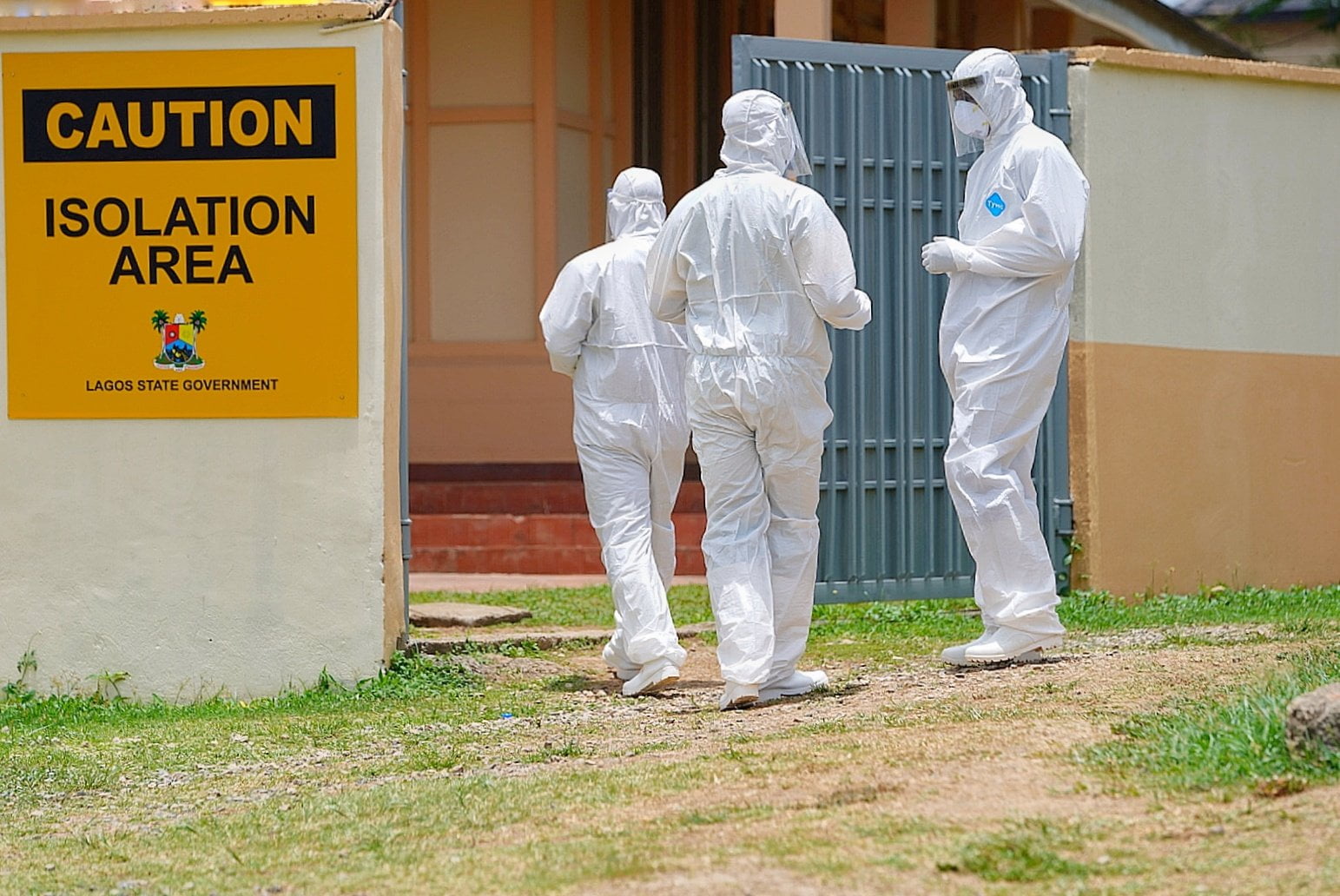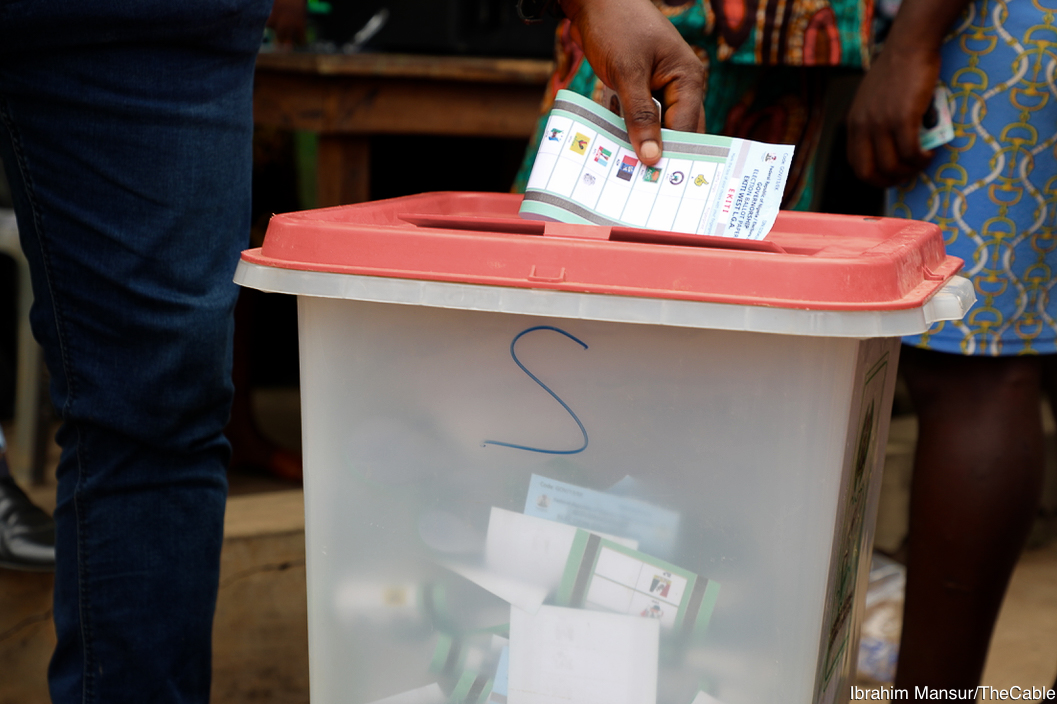The World Health Organisation (WHO) has recommended a shorter isolation time for people who test positive for COVID.
The organisation previously recommended 13 days of isolation for infected people with symptoms, and 10 days for those who had no symptoms.
But in a statement on Friday, the WHO said it now recommends that people infected with COVID isolate for 10 days if they have symptoms, and for five days if they don’t.
It also recommended rapid antigen tests for infected people to see if they test negative and can shorten their isolation period.
Advertisement
“WHO advises that a COVID-19 patient can be discharged from isolation early if they test negative on an antigen-based rapid test,” the statement reads.
“Without testing, for patients with symptoms, the new guidelines suggest 10 days of isolation from the date of symptom onset.
“Previously, WHO advised that patients be discharged 10 days after symptom onset, plus at least three additional days since their symptoms had resolved.
Advertisement
“For those who test positive for COVID-19 but do not have any signs or symptoms, WHO now suggests 5 days of isolation in the absence of testing, compared to 10 days previously.
“Isolation of people with COVID-19 is an important step in preventing others from being infected. This can be done at home or at a dedicated facility, such as a hospital or clinic.
“The evidence considered by the guideline development group showed that people without symptoms are much less likely to transmit the virus than those with symptoms.
“Although of very low certainty, evidence also showed that people with symptoms discharged at day 5 following symptom onset risked infecting three times more people than those discharged at day 10.”
Advertisement
Add a comment






